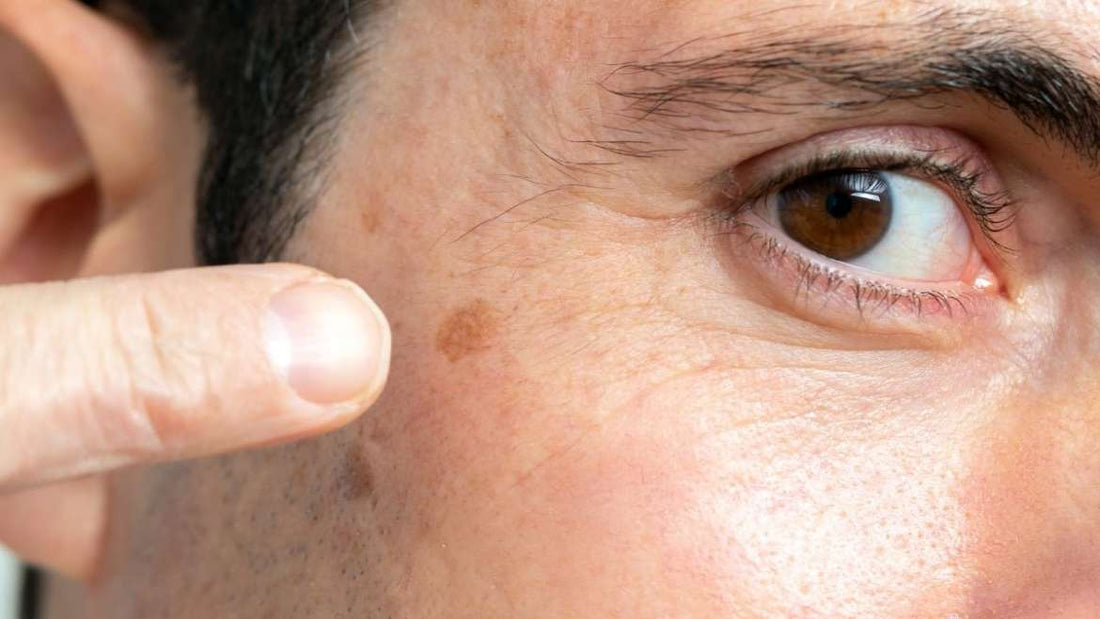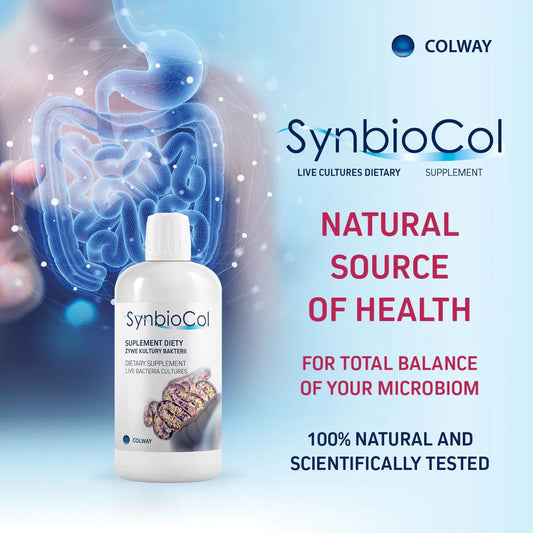Does Hyaluronic Acid Remove Dark Spots? The Truth Revealed
Dark spots, also known as hyperpigmentation, are a common skin concern that many people struggle with. They can be caused by a variety of factors, including sun damage, hormonal changes, and aging. While there are many treatments available for dark spots, one ingredient that has gained popularity in recent years is hyaluronic acid. But does hyaluronic acid remove dark spots? Let's find out.
What is Hyaluronic Acid?
Hyaluronic acid is a natural substance that is found in the body. It is a humectant, which means it attracts and retains moisture. In skincare products, hyaluronic acid is often used to hydrate and plump the skin, as it can hold up to 1000 times its weight in water.
Can Hyaluronic Acid Remove Dark Spots?
Unfortunately, hyaluronic acid cannot remove dark spots on its own. While it can help to hydrate and brighten the skin, it does not have any skin lightening properties. However, it can be used in conjunction with other ingredients that do have skin lightening properties, such as vitamin C or kojic acid.
How Does Hyaluronic Acid Benefit the Skin?
While hyaluronic acid may not be able to remove dark spots, it does have several other benefits for the skin. Here are some of the ways that hyaluronic acid can benefit your skin:
- Hydration: Hyaluronic acid is a powerful humectant that can attract and retain moisture in the skin. This can help to plump and hydrate the skin, which can reduce the appearance of fine lines and wrinkles.
- Anti-aging: As we age, our skin loses collagen and elastin, which can lead to sagging and wrinkles. Hyaluronic acid can help to stimulate the production of collagen and elastin, which can improve the overall texture and tone of the skin.
- Soothing: Hyaluronic acid has anti-inflammatory properties, which can help to soothe and calm irritated skin.
- Brightening: While hyaluronic acid does not have skin lightening properties, it can help to brighten the skin by improving hydration and plumping the skin.
FAQs
Q: Can hyaluronic acid cause breakouts?
A: Hyaluronic acid is generally considered safe for all skin types, including acne-prone skin. However, if you are experiencing breakouts or other skin concerns, it is always best to consult with a dermatologist before adding any new products to your skincare routine.
Q: Can hyaluronic acid be used with retinol?
A: Yes, hyaluronic acid can be used with retinol. In fact, the two ingredients can work together to improve the overall texture and tone of the skin.
Q: How often should I use hyaluronic acid?
A: Hyaluronic acid can be used daily, both morning and night. However, it is important to follow the instructions on your specific product and to not overuse the product, as this can lead to irritation.
In conclusion, while hyaluronic acid may not be able to remove dark spots on its own, it does have several benefits for the skin, including hydration, anti-aging, soothing, and brightening. If you are looking to reduce the appearance of dark spots, it is best to use hyaluronic acid in conjunction with other ingredients that have skin lightening properties. As always, consult with a dermatologist before adding any new products to your skincare routine.













